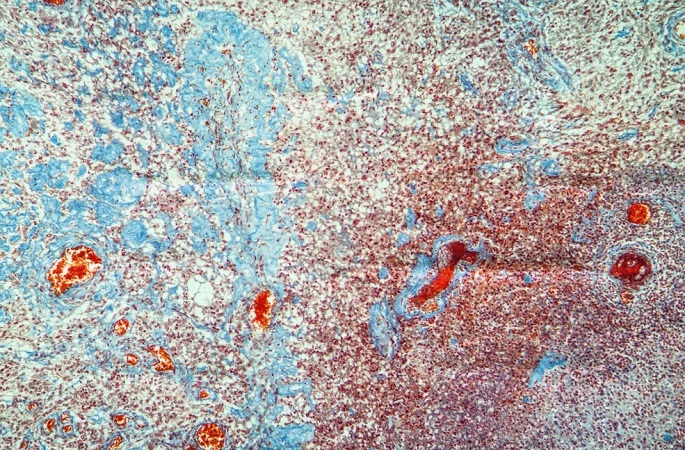AI model developed in Finland to help treat skin cancer
Published : 12 Oct 2022, 19:49
A new artificial intelligence (AI) model developed in Finland is expected to help diagnose and treat skin cancer, the University of Helsinki announced on Wednesday, reported Xinhua.
The AI model makes it possible to diagnose skin cancer with a blood test, determine the prognosis, and predict whether patients will benefit from immunotherapy.
It was developed by researchers at the University of Helsinki, the Comprehensive Cancer Center of Helsinki University Hospital (HUS), Aalto University, and Stanford University. Their research was published in the Nature Communications Journal.
Enhancing the body's immune system, or immunotherapy, has proven to be a particularly effective therapy for skin cancer. However, the therapy has varying levels of effectiveness among different groups of patients.
"Previous research has not been able to provide doctors with tools that would predict who will benefit from treatment that activates the immune system," said Jani Huutanen, physician and doctoral researcher from the University of Helsinki.
Using the correct therapy is extremely important, since drug treatments are expensive, and serious side effects are relatively common.
Using the AI model, and another developed by Stanford University, the researchers analyzed samples from nearly 500 skin cancer patients and compared them with the samples of about 1,000 healthy individuals.
They calculated the number of immune cells that recognized skin cancer, and found that more skin cancer-recognizing immune cells were found in patients with melanoma than in healthy people.
The research group concluded that patients who had more defensive cells that recognized skin cancer were more likely to benefit from therapies that activate the immune system than those who lacked such cells.
"This finding may in the future make it possible to identify skin cancer from a blood sample," said Satu Mustjoki, professor of Translational Hematology from the University of Helsinki and the Comprehensive Cancer Center of HUS.
Huutanen said that the AI model also makes it possible to calculate the number of cancer-sensing defensive cells with other cancers, including breast cancer, lung cancer, and blood cancer.


